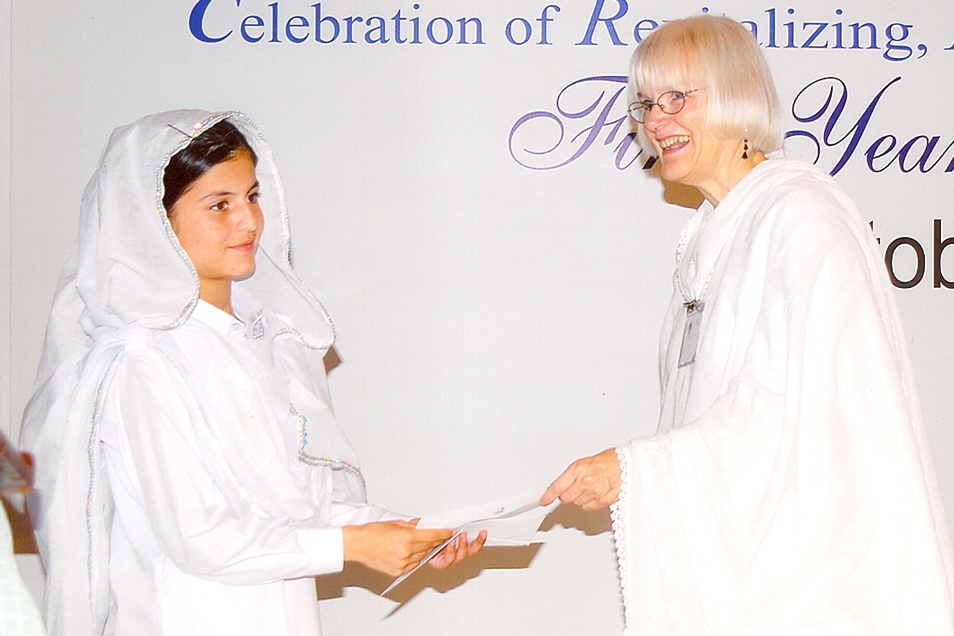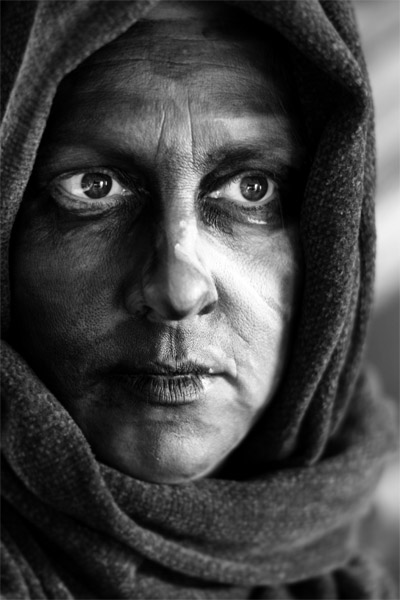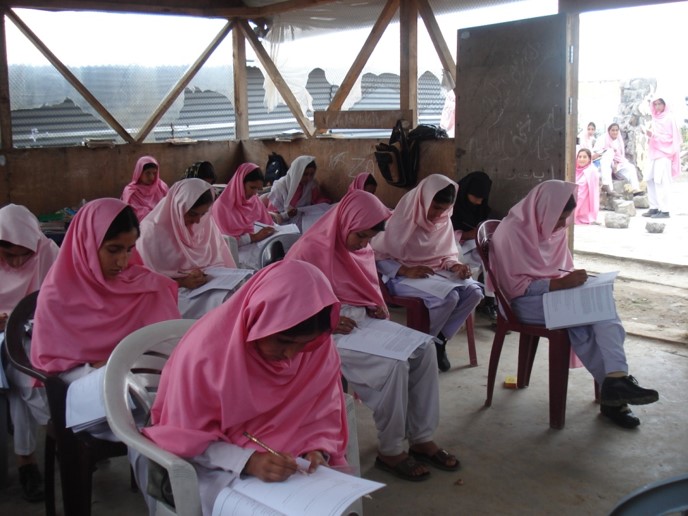
I’ve been on this earth a lot of years, and in that time I’ve accumulated a stack of conundrums in my life. They come as three kinds of puzzles:
• Character traits of family members or friends that have (to me) an unexplained origin: Why was my dad so angry all the time? He yelled at all members of the family and raked down neighbors he knew and commentators on television he’d never met. I rarely remember him smiling.
• Actions of family members or close friends that are a mystery to me: Why did my mom refuse to sign a do-not-resuscitate order when her younger sister (in her seventies) was a human vegetable? This sister had always been developmentally delayed and at that point was bed-ridden in a nursing home. She hadn’t spoken or recognized my mom in 40 years.
• The significance of context: How would I have behaved if, as was true for my Pakistani women staff, I lived under the dominance of a fundamentalist in that society?
My Puzzle in Pakistan

This third puzzle underlies the story of my first novel Uncovering, which demonstrates the (potential) power of women in a society ordered by men. Shahnaz, a liberal but observant Muslim, is a nurse in Pakistan’s foothills of the Himalayas with a passion to help pregnant women deliver healthy babies. At her parents’ command she weds a gentle man who encourages her work. But marrying him means she must live with his extended family including his fundamentalist older brother, Raja Haider. When the men’s father dies, Raja Haider becomes head of the family. As is his right, he orders Shahnaz to quit her job and stay at home. Her mild husband accepts his brother’s authority, but Shahnaz rebels.
From 2006 to 2008 I worked within the context of northwest Pakistan, directing a USAID-funded education project. What an extraordinary opportunity to immerse myself in a very different society from mine! I was an American Christian woman working among Pakistani Muslims, both male and female. My staff was incredibly talented, and we completed our task of training 10,000 teachers from primary through high school in state-of-the-art teaching techniques in the sciences, math, and English. That was the task set by the funding agency. My “unintended” task was to step out of my culture and integrate into another.
The Status of Women in Muslim Societies

I had immense respect for the women on my staff. According to them, only about 4 percent of Pakistani women work. Many of these are from poor families and earn money by sweeping the streets. I had a special, well-educated team. And yet a number of women went home each night to a difficult situation. One woman, who I’ll call Samina, lived in a multigenerational household with her mother-in-law, husband, and children. She arrived late to work one morning and explained that her mother-in-law had awakened her at 2:00 a.m. and ordered her to clean the house. Though she had done this task in the past few days, she labored at it for the rest of the night and well into the morning. As I discovered, her husband was out of work, and her mother-in-law felt that Samina was insulting her son by being the single breadwinner in the household. That merited punishment. From time to time, Samina came to work with a black eye or bruised arm when her husband took out his humiliation on her.
How did I react to these events? I did my best to reward my staff in words and in promotions. I made sure everyone obeyed the sexual harassment requirements that were written in the United States by my company, even though they were an unheard-of in Pakistani companies. And to make some sense of the stories, I wrote a novel featuring women who weave a complicated path through this society run by men, a path that allows them to grow to their potential and yet preserve their marriages and family situations.
Writing to Resolve Life’s Conundrums
Do you also face some conundrums? Try to list a few. If you want to understand them better or figure out alternative endings, one of them might be the theme of the next book or essay you write. There’s great satisfaction in “solving” this sort of puzzle, even if the reality you live with never matches the story’s finale.
In the next installment of this blog, coming in three days, I’ll talk about taking one of life’s conundrums and using the writing process to imagine why it happened and how the puzzle might have worked out in a more satisfactory way.
To be continued. . .